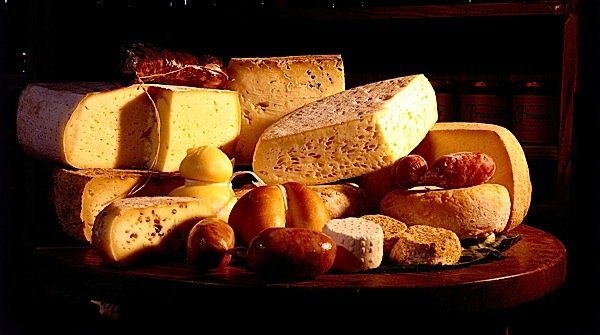The free trade deal that the Harper government has been negotiating with the European Union has been stalled, if not killed outright, by the refusal of the German government to sign it. All twenty-eight members of the EU must sign the agreement for it to take effect. The German objections to the deal as currently negotiated concern the legal protection extended to firms that invest in the EU. The “investor-state” clause allows investing companies to sue governments if they feel they are not being treated fairly by a given country’s legislation. The German government does not view this level of investor protection as necessary.

The EU is also in the midst of negotiating a free trade deal with the United States. It has been said that the Canada deal is a “test” for the US deal, and that if the Canada deal does not pass neither will the US deal. The US trade deal contains investor-state terms similar to the ones being rejected by the Germans. Under these terms, investors from Canada, and eventually from the United States, would be able to challenge policy makers and have their trade disputes resolved by independent arbitration panels, not in the courts. Trade disputes in North America are resolved by investor state arbitration under NAFTA. The German position is that any such dispute should be resolved in the German courts.
If the multibillion-dollar free trade deal passed, virtually all duties on non-agricultural goods would be eliminated immediately, including forestry, chemical and plastic products. Most duties and tariffs would also be removed from fish and seafood and agricultural products. Canada’s beef and pork producers would be able to sell 50,000 and 81,000 tonnes respectively. European cheese makers would be able to more than double their exports to Canada. Canadian auto makers would also be able to export more cars to Europe.
Ontario has estimated that the deal would create about 30,000 jobs in the province. Various goods imported from Europe, at least in principle, would be cheaper for Canadian consumers, including foods, wines, spirits and cars. At present there are tariffs on European auto parts up to 4.5 per cent.

































